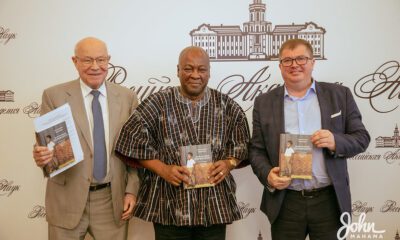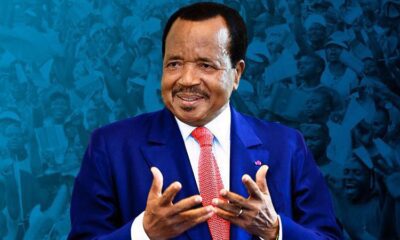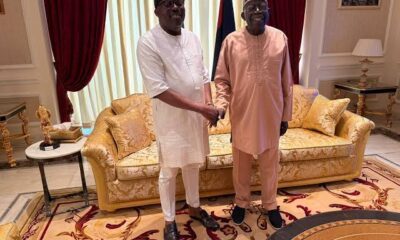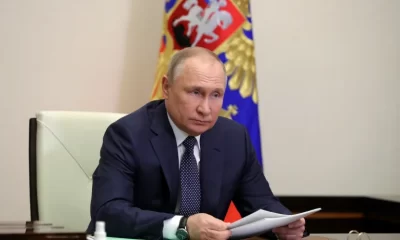National Issues
Second Class-Upper Minimum Teaching Requirement: The Mr Echono’s Inarticulate! -By Ismail Misbahu
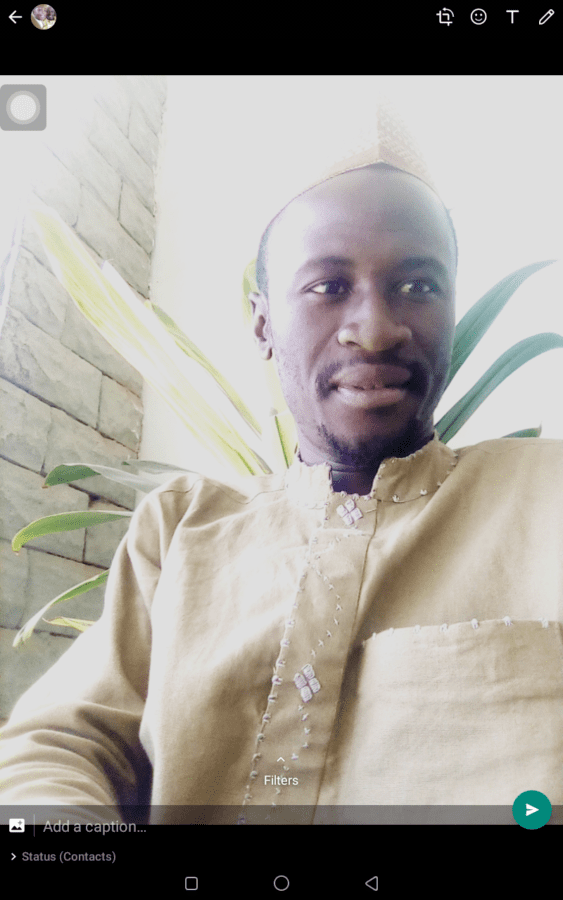
“Don’t find your certificate in the worth, find your worth in the certificate” ~ Dr.P.S. Jagadeesh Kumar.
Since the massive purge on November 2017, of 21,780 teachers in Kaduna state by Governor El-Rufa’i, a plethora of commendations and condemnations continued to flow. Among the commendations that accupied the highest stage in government was that of President Muhammadu Buhari which, though not conclusively unsophisticated but had bolstered the structural outline of the reform as well as ushered other states to follow a similar pattern of reform.
However, if Governor Rufa’i had been commended for a job well-done, and could have been successful for what he was rightly for i.e. the replacement of 25,000 teachers in place of 21,780, the government of Plateau state, which through its SUBEB seems to indirectly wear a similar shoe couldn’t have been so commendable! The sacking last month (October, 14), of 122 primary teachers was just a glitter of reform that failingly wiped its dust without having mud to wash for.
It is not by exaggeration to say that PMB’s commendation to what Governor Rufa’i did has turned into a sharp cudgel to policy makers and stakeholders in education sector. Because three years after that i.e. on Saturday, 14 of November, 2020, there appeared a crowd-pleasing remark on the national dailies by the Federal Ministry of Education through its Secretary, Sonny Echono, which expressed the Federal Government’s seemingly ‘bleeding-heart’ intention to the public that a system is underway to reviewing the quality-oriented teaching through a review of a teacher benchmark requirement — First Class or minimum of Second Class Upper. This according to the Secretary will stem the spate of unqualified teachers in the country.
Such a remark even as it assumes the aura of officialdom has been a mere bait-and-switch for quite a long time, and this has convincingly asserted that this approach was not originally intended to deliver any meaningful resul. The adroit evasion of the more important question of HOW a First Class or Second Class-Upper degree is earned in Nigeria makes the whole effort a hollow one — lacking a clear purpose and goal. It is not surprising therefore to see how inarticulate the Secretary appears. While monitoring the teachers’ Professional Qualifying Examination (PQE), the Secretary had this to say:
“We are planning to lead entry for those with First Class or Second Class Upper as minimum, as we are serious about implementing the policy. Whether you are in the private sector, government, community or faith-based school, we will enforce this policy to the fullest.
“The first thing that is going to happen is that TRCN (Teachers Registration Council) and NTI (National Teachers Institute) are compiling a database of qualified teachers.That is, those that have been certified and those who have taken this examination who are unemployed.” (~ Daily Nigerian, Nov. 14, 2020).
From such a fairly high-handed decision, it could be discerned that such utterances exhibit nothing but lack of readiness on the side of the FGN to undertake a robust and thorough education reform. As if the process is smooth and normal — as if the system is suspicion-free — as if the First Classes and Upper Second Classes are all-deserving! In such a dwindling, unfocused and unoriented educational system, it is utterly illogical to capitalize the Nigeria so-called “First Class” or “Second Class Upper” qualification as a necessary requirement for teaching profession — the system that guarantees such, itself is suspicious!
If at all there’s a durable plan of action, a result-yearning system, why must a class of degree be considered? Many of the First Class and Upper Second Class ‘holders’ are not necessarily better than the Lower Class or Third Class holders. Many, on the other way round, of the lower class degrees are not necessarily worse than their upper class counterpart. To quote the popular saying of that Dutch-Pakistani poet, Ehsan Sehga, the fact of the matter is that “the humans need the certificates of education, but the knowledge needs no certification.” Indeed truth, he said, “requires not the verdict and certificate since it holds and defines itself that.”
Ehsan’s principle appears too obvious to Nigeria’s educational reform. That training should involve all and sundry, but worth, NOT a class of degree as Kumar point out, should qualify the certificate.
It is convincing right from the begining that the ground basis for undertaking this reform, itself was hardly not insincere — it was not deliberated with a broad smile of unfeigned delight — there’s truely no genuine approach to the issue.
Way back to 2018, a year before this time, precisely on the 15 of November, the Federal Government through the Minister of State for Education, Professor Anthony Anwukah, declared that there will be no more room for unregistered or unqualified teachers in both public and private schools in Nigeria as from December 2019. He disclosed this while attending a three day workshop on “Training of the Trainers (ToT) capacity building” on implementation of professional standards for Nigerian teachers, organized by the Teachers Registration Council of Nigeria (TRCN), held at the University of Ibadan.
The Minister disclosed that all the necessary measures are now in place to stop the usage of unqualified and quack teachers both in public and private schools across the country. In his words:
“Those who are running private schools should please get the signal in good time that the time is up. No more recruitment of unqualified teachers because they want to maximize their profits. That will not happen No more in this country. The oversight function of government will reach the private schools. This, we must ensured that education at whatever level, private or public must meet the required and acceptable quality.” (TRC, November, 15, 2018).
This statement followed a year after Governor Rufa’i launched his massive purge saga against teachers that “cannot answer questions which a Primary 4 pupil can answer”. The goal of it all was set to respond to the somewhat PMB’s ‘proxy’ recommendation of the job well-done by El-Rufa’i. PMB couldn’t have been so much specific, but his recommendations though have not escaped the right ears!
But even as the Minister was aware that teaching profession include a ‘minimum set of knowledge, skills, values, and attitude, conduct, rights and privileges as well as obligations’, such were not considered or seen as a crystal preview that was boldly red-underlined, and that must be wholeheartedly addressed beyond the ‘genius mark’ of Upper Class degrees.
If there’s a teacher training by the way, it should be all-inclusive-teacher-training-framework that will leave no stone unturned. A certificate-oriented training is itself inadequate because profession in teaching is by adaptation not by class of degree. Adaptability within the framework of knowledge, experience and skills. Adaptability through effective communication, creative class, multi-disciplinary engagement and various other desiring qualities of a qualified teacher.
The nature of certificate-oriented teacher training is suspected largely because of the lag between research outcomes and teacher education practice. There have been enormous advances in how the brain learns, largely as the result of fMRI (Functional magnetic resonance imaging) being put to use in research environments. One of the most basic is the need for a student to feel safe and emotionally empowered before acquiring the spare capacity for honing the brain.
Many, but not all, teacher training courses tend to be out of synch with recent findings. The need to certify attendees at such courses reduces what is essentially a ‘gray area skill’ to testable content which tends to be more discrete in nature.
Therefore it is not articulated so convincingly to just create the impression that an upper class degree should determine, or even influence a quality teaching procedure or system. It is the system that should better define the class of a teacher — not his class of degree.
Ismail Misbahu could be reached at:
ismailmusbahu15@gmail.com
mhssey2015@gmail.com

